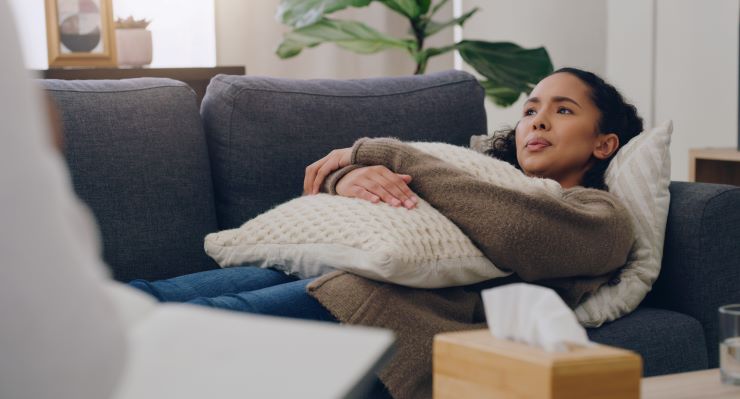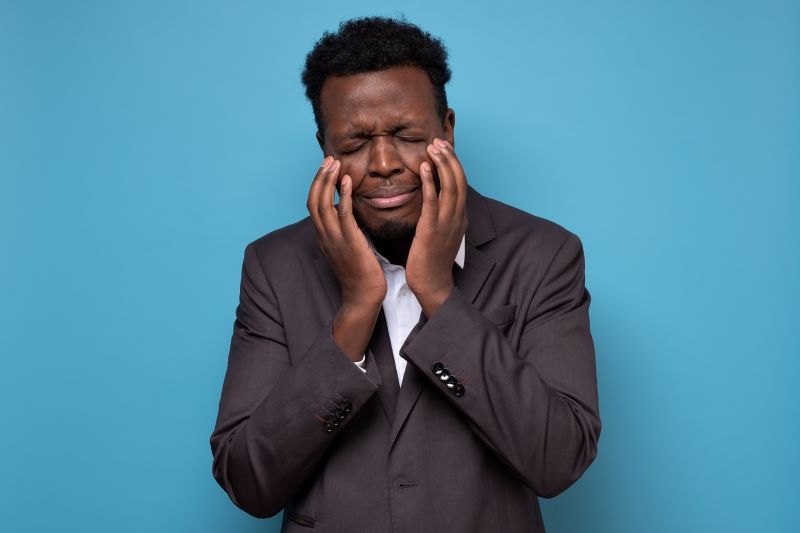Fear & Phobia Counseling in Arlington Texas
Do you have an fear of something? Many people do. Do you have an extreme fear of something? Many people do. Fears and phobias are very common among most Americans and many in Arlington but not many of them reach out a fear or phobia counselor to get help help. Whether you have a fear of clowns, fear of heights, driving or going outside, no matter what your phobias may be, our caring fear and phobia counselors in Arlington are here to help you.
There may be a few questions you may have before seeking help for your phobias such as:

- Do I need a counselor for my fears?
- Can a phobia be cured by a counselor?
- What causes irrational fears and phobias?
- How long does it take to get over a phobia?
While the answers to these questions vary from one individual to another, our fear and phobia counselors in Arlington are caring and work patiently with you to help you get control of your fears and your life.
Do I need a counselor for my fears and phobias?
While it is normal to have fears and many people have them, when you feel your phobias start to affect your daily life, it may be time to reach out for help. If your fear of elevators stops you from going up to your office at work or if your fear of dogs stops you from taking your daily walk, all of these are reason to speak with a professional so you can start living your life again. While phobias can be irrational, they can still lead to major decisions. For example, according to Nationwide.com, 80% of high-rises “lack” a 13th floor due to Triskaidekaphobia or the fear of the number 13.
Some of the most common phobias are:
- Arachnophobia – fear of spiders
- Aerophobia – fear of flying
- Astraphobia – fear of thunder and lightning
- Dentophobia – fear of dentists
- Acrophobia – fear of heights
Whether you fear spiders, flying or going to the dentist, all of these can affect your daily life. Email us or give us a call today to set up an appointment with one of our caring counselors today.


Contact Us For Fear & Phobia Counseling Services in Arlington
Contact us for Fear & Phobia Counseling in Arlington
When you are looking for a fear counselor in Arlington, it may be difficult to find the right fit. Working with a counselor long-term means building trust in the counselor/patient relationship. What many do not know is that you can switch your counselor at any time if you feel that the relationship is not a good fit. If you are looking for phobia counseling in Arlington, give us a call today. Our caring counselors have years of experience and will help you along the healing process.
FAQ
Can anyone develop a phobia at any age?
Yes, it is possible for anyone to develop a phobia at any age. Phobias are intense and irrational fears of specific objects, situations, or activities. They can arise from a variety of factors, including traumatic experiences, learned behaviors, genetic predispositions, and even cultural influences.
While some phobias may develop during childhood, others can emerge in adolescence or adulthood. For example, a person may develop a fear of flying after experiencing a turbulent flight or a fear of dogs after being bitten by one. Phobias can also develop without any apparent trigger or cause.
It’s worth noting that not everyone who experiences a traumatic event or encounters a fearful situation will develop a phobia. The development of a phobia involves a complex interplay of individual predispositions and life experiences.
If someone develops a phobia that significantly affects their daily life or causes distress, it may be helpful for them to seek support from mental health professionals who can provide guidance and treatment options, such as cognitive-behavioral therapy or exposure therapy.
How do I know if I have a phobia?
Determining if you have a phobia typically involves assessing your reactions, emotions, and behaviors in relation to specific objects, situations, or activities. Here are some signs that may indicate the presence of a phobia:
- Intense and persistent fear: You experience an overwhelming, irrational fear or anxiety when exposed to the feared object or situation. This fear is disproportionate to any actual danger posed.
- Avoidance behavior: You go to great lengths to avoid encountering the feared object or situation, or you endure it with extreme distress or anxiety.
- Physical and psychological symptoms: Exposure to the phobic stimulus may result in physical symptoms such as rapid heartbeat, shortness of breath, sweating, trembling, nausea, or panic attacks. You may also experience persistent thoughts or anticipatory anxiety about the phobia.
- Interference with daily life: The phobia significantly interferes with your daily activities, relationships, or overall quality of life. It may limit your ability to engage in certain activities or cause distress even when thinking about encountering the feared stimulus.
- Duration and persistence: The fear and avoidance associated with the phobia persist for an extended period, typically lasting for six months or more.
If you suspect that you have a phobia, it is advisable to consult with a mental health professional, such as a psychologist or psychiatrist, who can conduct a thorough evaluation and provide an accurate diagnosis. They can also recommend appropriate treatment options if needed.
What are the risks factor for developing a phobia?
The development of a phobia can be influenced by various risk factors. These factors can vary from person to person, and the presence of one or more does not guarantee the development of a phobia. However, some common risk factors associated with the development of phobias include:
- Traumatic experiences: Experiencing a traumatic event related to the feared object or situation, such as an accident or attack, can contribute to the development of a phobia. For example, a person who was bitten by a dog may develop a phobia of dogs.
- Learned behaviors: Observing others’ fearful reactions or receiving warnings about specific objects or situations can influence the development of a phobia. If you see someone close to you expressing fear or anxiety towards something, you may learn to associate that object or situation with fear.
- Genetics and family history: There may be a genetic component to phobias. If you have a family history of anxiety disorders or specific phobias, you may be at a higher risk of developing a phobia yourself.
- Temperamental factors: Certain personality traits or temperamental tendencies may increase the likelihood of developing a phobia. For instance, individuals who are more prone to anxiety or have a generally anxious disposition may be more susceptible to developing phobias.
- Cultural and societal influences: Cultural and societal factors can shape the development of specific phobias. For example, certain phobias related to illness or contamination may be influenced by cultural beliefs or societal emphasis on cleanliness.
- Personal vulnerability: Individuals with a history of anxiety disorders, panic attacks, or other mental health conditions may be more vulnerable to developing phobias. Additionally, individuals with a history of childhood adversity or neglect may have an increased risk.
It’s important to note that while these risk factors may increase the likelihood of developing a phobia, they are not definitive predictors. Phobias are complex and can emerge from a combination of genetic, environmental, and psychological factors. of developing a phobia, they are not definitive predictors. Phobias are complex and can emerge from a combination of genetic, environmental, and psychological factors.
